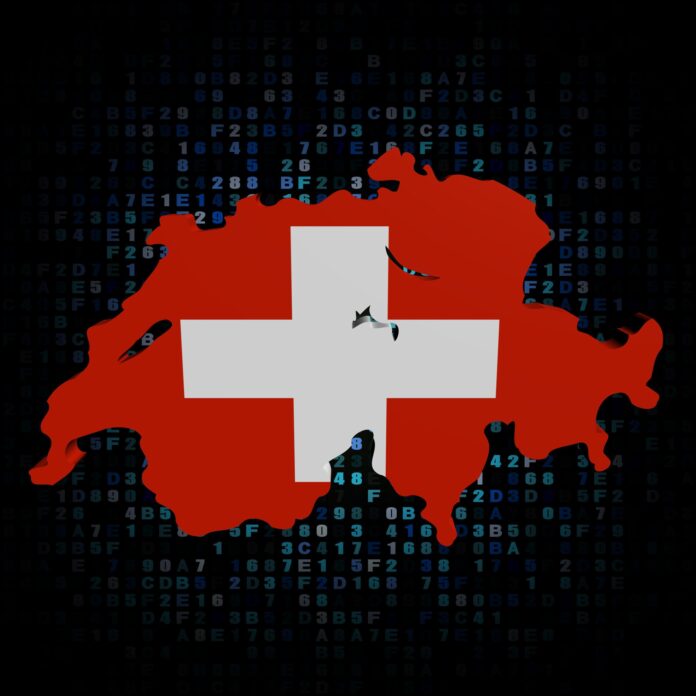Local carriers Swisscom, Salt and Sunrise secured spectrum for the future launch of 5G technology in the country
Switzerland’s Federal Communications Commission (ComCom) has raised CHF380 million ($379 million) after it awarded 5G frequencies to local mobile operators Salt, Sunrise and Swisscom, the regulator said in a statement.
The auction took place between January 29 and February 7.
Salt secured 20 megahertz in the 700 MHz band, 80 megahertz in the 3.5 GHz band and 10 megahertz in the 1.4 GHz range. For this spectrum, the operator will have to pay CHF94.5 million.
Sunrise purchased 10 megahertz in the 700 MHz band, 100 megahertz in the 3.5 GHz range and 15 megahertz in the 1.4 GHz band. The carrier also secured an additional 10 megahertz in the 700 MHz band, which are “supplemental downlink” frequencies that can be used to increase data download capacity in the future. Sunrise will pay a total of CHF89.23 million for the spectrum.
Meanwhile, Swisscom will pay CHF195.55 million for 30 megahertz in the 700 MHz band, 120 megahertz in the 3.5 GHz band and 50 megahertz in the 1.4 GHz band.
ComCom also said that Dense Air, a small carrier which had launched mobile operations last year, abandoned the process and failed to secure spectrum.
Five frequency blocks of 5 megahertz in the 2600 MHz band and in the 700 and 1400 MHz ranges were not sold. The frequencies that have not been awarded will be put out for tender again at a later date, the regulator said.
“The frequencies will be assigned for 15 years, giving the operators long-term planning security to develop their networks. The outcome of the auction has been recorded in a decision that is contestable before the Federal Administrative Court,” ComCom said. “The awarding of frequencies is of key importance for the digitalization of Switzerland, and is in line with the Federal Council’s ‘Digital Switzerland’ strategy. In addition to powerful mobile communications, 5G will enable many new uses in future, including the internet of things, medical applications (eHealth), image processing applications (virtual reality, augmented reality) or self-driving vehicles. Switzerland is one of the first countries in Europe to already provide the 5G frequencies to network operators.”
The frequencies were awarded in a simple auction format known as a clock auction. This format allowed the bidders to bid on frequency blocks in all the available frequency categories simultaneously. ComCom also said that the implementation of spectrum cap allowed the regulator to make sure that all mobile operators were able to acquire a wide range of 5G frequencies at reasonable prices.
“The frequency ranges purchased by Swisscom are needed to operate the new 5G network and to expand the capacity of the 4G network,” Swisscom said in a statement.
Swisscom said it plans to go live with 5G as soon as possible and initially plans to roll out 5G to 60 towns and communities by the end of 2019.
“5G offers the potential to deliver excellent coverage and the capacity to transmit high volumes of data over shorter distances at fiber-optic speeds, even while large numbers of people are using the network at the same time. Frequencies in the 3.5 GHz range are necessary for this, and in Europe they are considered the most important frequencies for the introduction of 5G. Sunrise acquired a third (100 MHz) of the available frequencies here, securing an important pillar in its push to become a leading 5G provider,” the telco said in a statement.
Meanwhile, Salt said that the acquired spectrum will allow the carrier to launch 5G services in the country by the third quarter of the year.

